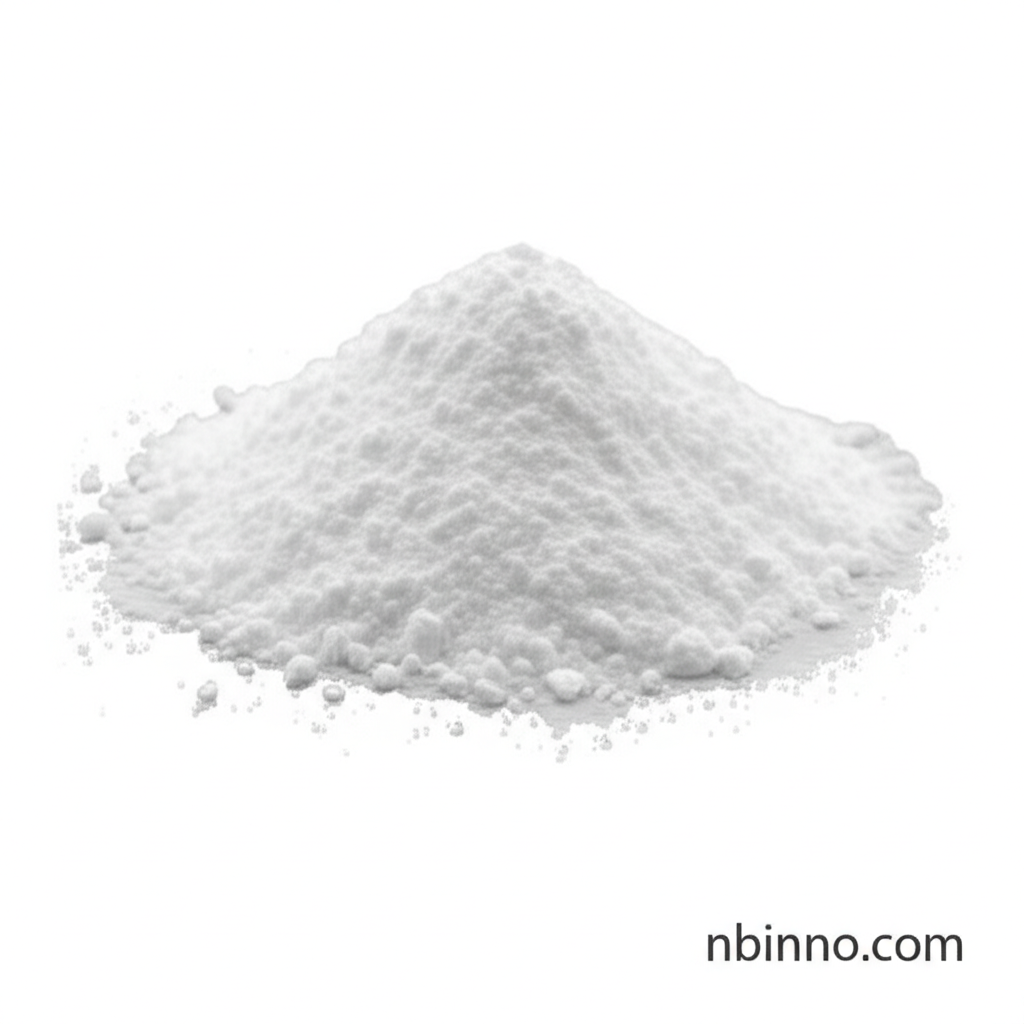Lithium Fluoride (LiF) CAS 7789-24-4: Properties, Applications, and Industrial Significance
Discover the multifaceted applications of Lithium Fluoride (LiF), an essential inorganic fluorine material. Explore its unique properties and discover why it's a crucial component in industries ranging from ceramics to advanced battery technology.
Get a Quote & SampleProduct Core Value

Lithium Fluoride
Lithium Fluoride (LiF) stands out as a critical inorganic fluorine material, valued for its exceptional physical and chemical properties. As a reliable supplier in China, we offer high-purity LiF that plays a vital role across various demanding industries. Its versatility makes it an indispensable ingredient for innovation and enhanced performance.
- Explore the diverse lithium fluoride uses in advanced ceramic production, contributing to superior glaze and enamel formulations.
- Understand the lithium fluoride chemical properties that make it ideal for creating high-performance optical coatings, enhancing light transmission and reflection.
- Learn about lithium fluoride applications in batteries, specifically its role as a key component in electrolyte formulations for improved energy storage.
- Discover the significance of lithium fluoride CAS 7789-24-4 in metallurgy, where it acts as a fluxing agent for welding and soldering aluminum and magnesium.
Advantages Offered by Lithium Fluoride
Exceptional UV Transmission
Lithium Fluoride boasts unparalleled transparency in the ultraviolet (UV) and vacuum ultraviolet (VUV) regions, making it essential for specialized UV optics and scientific instruments like X-ray monochromators.
High Thermal Stability
With a high melting point of 845°C, Lithium Fluoride maintains its structural integrity under elevated temperatures, crucial for applications in molten salt chemistry and high-temperature processes.
Chemical Inertness
LiF exhibits good chemical stability, particularly its insolubility in alcohol and resistance to air exposure, ensuring reliable performance in various chemical processes and storage conditions.
Key Applications
Ceramics and Glass
Lithium fluoride is a vital additive in the production of ceramics, enamels, glazes, and glasses, improving thermal shock resistance and acid resistance.
Optical Materials
Its superior UV transmission makes LiF indispensable for optical windows, lenses, and specialized optics used in laser technology and scientific instrumentation.
Metallurgy
Utilized as a fluxing agent in welding and soldering, particularly for aluminum and magnesium alloys, and in molten salt chemistry for improved efficiency.
Energy Storage
LiF serves as a crucial raw material for lithium hexafluorophosphate (LiPF6), a primary electrolyte salt for high-performance lithium-ion batteries.
